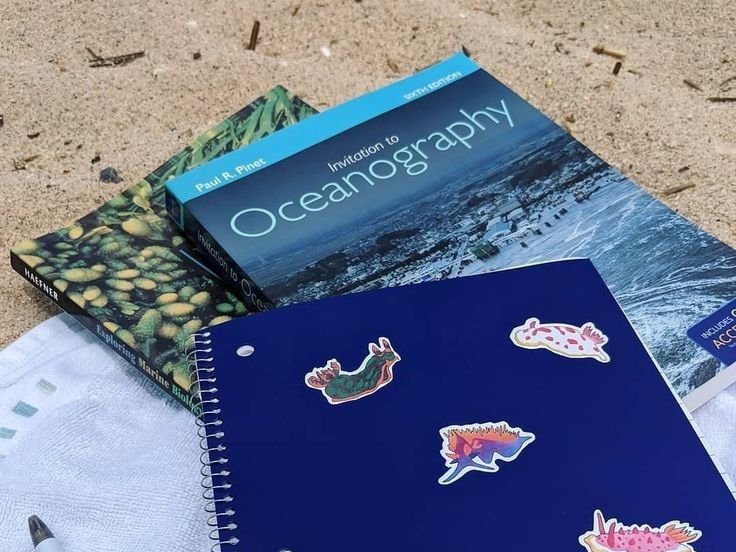
The ocean covers more than 70% of our planet, yet much of it remains a mystery. Oceanography surveys play a crucial role in uncovering the secrets of the sea, helping us understand its ecosystems, monitor its health, and address the challenges it faces. In this blog, we will explore the importance, methods, and benefits of oceanography surveys.
🔍 Why are Oceanography Surveys Important?
Oceanography surveys are essential for several reasons:
- Monitoring Ocean Health: The health of our oceans is vital for the planet’s overall well-being. Surveys help scientists track changes in water quality, temperature, and biodiversity, providing critical data to assess the state of marine ecosystems.
- Researching Climate Change: Oceans are a significant factor in the global climate system. By studying ocean currents, temperatures, and chemical compositions, researchers can better understand climate change’s impact and predict future trends.
- Sustainable Resource Management: The oceans are home to a wealth of resources, from fish to minerals. Oceanography surveys help manage these resources sustainably, ensuring that we can meet our needs without compromising the health of marine ecosystems.
🛠️ Techniques in Oceanography Surveys
Oceanography surveys employ a variety of methods to gather data about the ocean. Here are some of the most common techniques:
- Collecting Water and Sediment Samples: Scientists use specialized equipment to collect samples from different depths and locations. These samples are analyzed for various parameters, including temperature, salinity, and nutrient levels.
- Using Sonar and Satellite Technology: Advanced technologies like sonar and satellite imagery allow researchers to map the ocean floor, track currents, and monitor changes in sea level. These tools provide a comprehensive view of the ocean’s physical characteristics.
- Direct Field Observations: In addition to remote sensing, scientists often conduct field studies, deploying research vessels and submersibles to observe marine life and ecosystems firsthand. This direct observation is crucial for understanding complex interactions within marine environments.
🌍 Positive Impacts of Oceanography Surveys
The benefits of oceanography surveys extend beyond scientific knowledge. Here are some of the positive impacts:
- Raising Awareness: By sharing findings from oceanography surveys, scientists can educate the public about the importance of oceans and the challenges they face. Increased awareness can lead to greater support for conservation efforts.
- Supporting Environmental Protection Policies: Data from oceanography surveys inform policymakers, helping them create effective regulations to protect marine environments. This is essential for preserving biodiversity and ensuring the sustainability of ocean resources.
- Encouraging Research and Innovation: The insights gained from oceanography surveys drive further research and technological advancements in marine science. This ongoing exploration fosters innovation, leading to new solutions for ocean-related challenges.
🌊 Conclusion
Oceanography surveys are vital for understanding and protecting our oceans. By monitoring their health, researching climate change, and managing resources sustainably, we can ensure that these precious ecosystems continue to thrive. As we dive deeper into the wonders of the sea, let us remember the importance of preserving our oceans for future generations.
